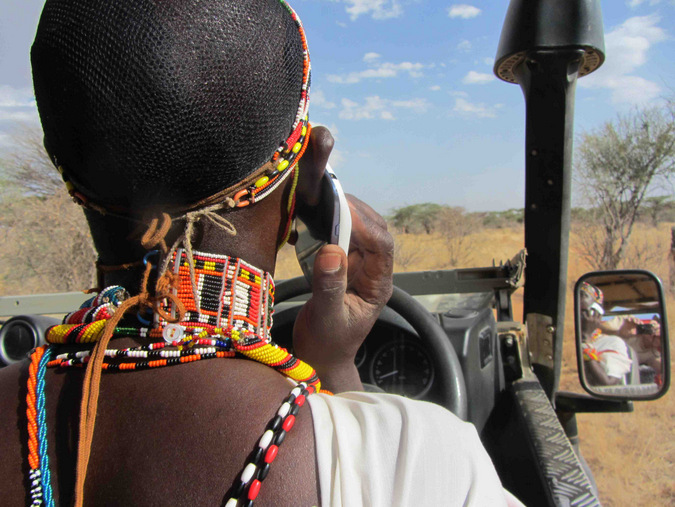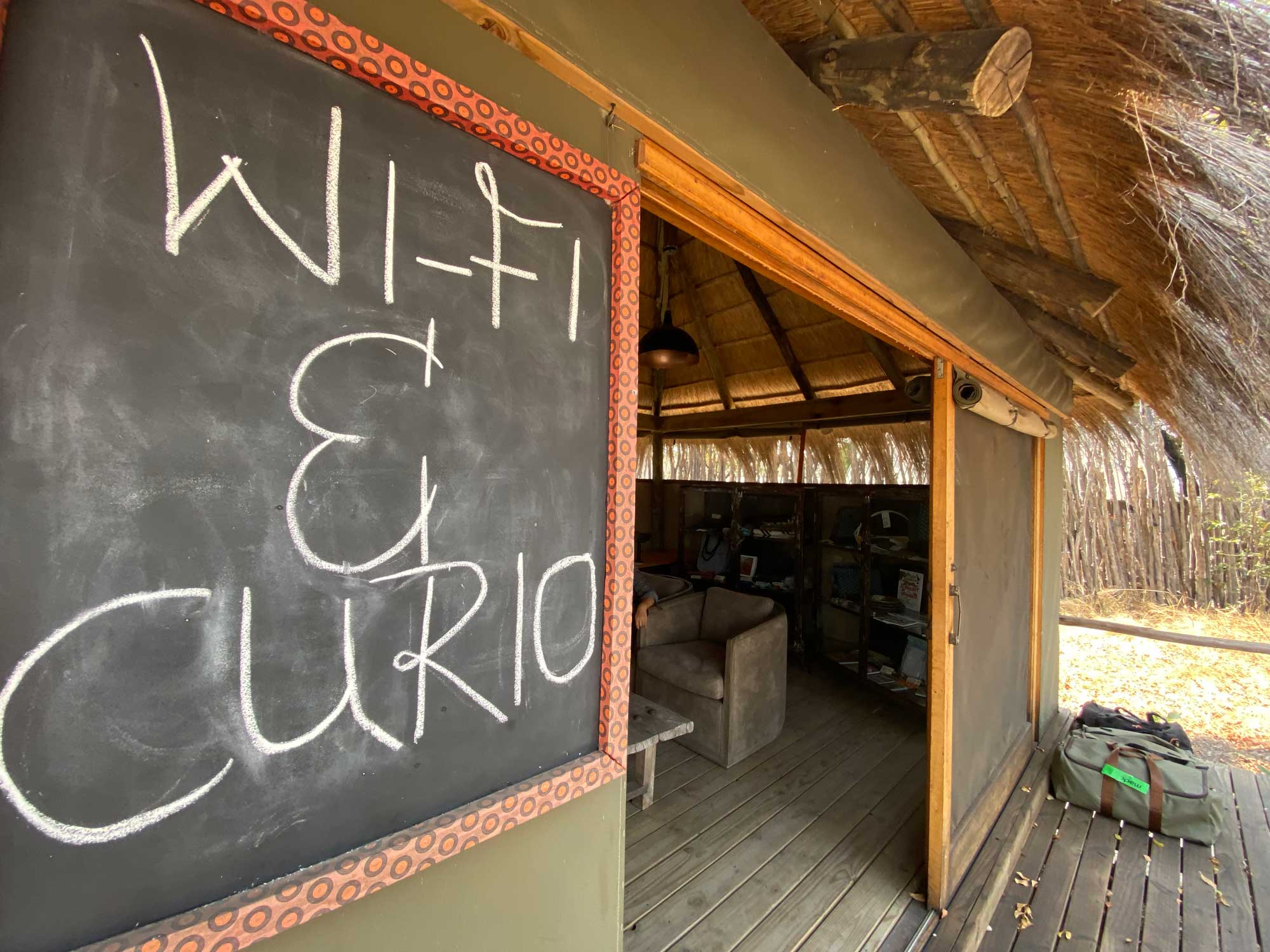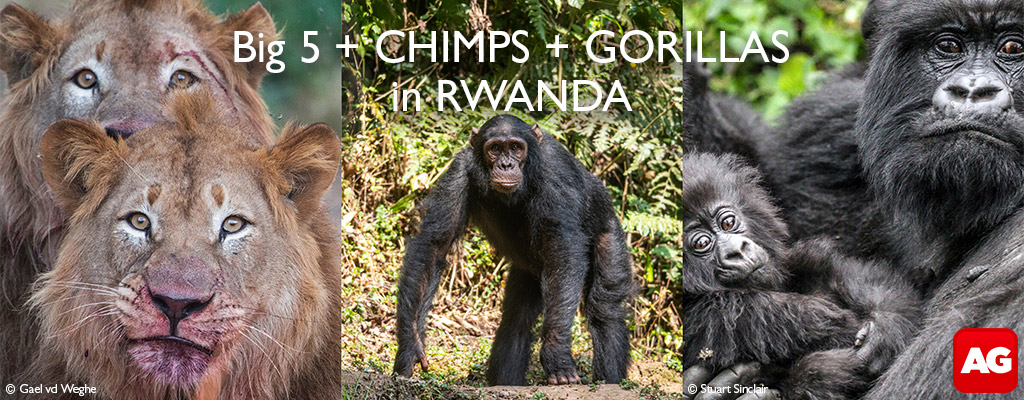
“Perinet, Madagascar – It was early morning, and the forests below were covered in a blanket of dense mist. The magnificent indris had woken up, and their whale-like sirens were drifting up towards us as we savoured our coffee and biscuits. Total safari tranquillity. Bliss…
‘WHAT? WHY DID YOU NOT MAKE THAT TRADE?… I SAID, WHY NOT?… HELLO?? NOT GOOD ENOUGH! JUST MAKE ANOTHER PLAN… WHAT?!?‘
The gentleman in the cabin next door had other ideas for the morning. Satellite phone in hand, he strutted to and fro on his deck and barked out his orders and frustration like he was back in his office in Europe.”
Communication with the outside world is possible in some form from most tourism areas in Africa, and we all need to set boundaries, resist the FOMO, and respect that others do not share your need to be always-on. Some people need to check in now and then while on safari, but for most a safari is time to detox, unplug, and switch off.
Here then, are a few tips for communication while on safari:
• Wi-Fi
Most lodges will have some form of internet access, which is mostly used for their own business purposes. Many lodges will provide Wi-Fi to guests, and others provide a computer with internet access. Expect treacle-slow speed in many remote regions, and plenty of downtime. Some lodges expressly refuse to provide guests access to the internet. If you do need to be online while on safari, check beforehand what is available. If there is Wi-Fi in the communal areas, please go to airplane mode during meals and other social times. Better still, leave your device in your room during those times.
• Cell phone coverage
Cell/mobile phone coverage can now be found in many previously off-the-grid areas in Africa. For example, many parts of the Greater Kruger in South Africa have good coverage, and even Bwindi Impenetrable Forest in Uganda has pockets of coverage – lookout for locals huddled in specific places. Please switch your mobile phones to airplane mode while you are on game drives, bush walks, and in communal areas of the lodge – to avoid disturbing other guests.
• Satellite phones
Satellite phones can be used almost anywhere (except indoors), but connections are often weak – depending on tree and cloud cover. You may need to speak loudly to be heard. If you do need to use a satellite phone during your safari, please find a place far from other people, where barking at that device does not affect anybody else.
This is all about common sense and respect, really.
For accommodation options at the best prices visit our collection of camps and lodges: private travel & conservation club. If you are not yet a member, see how to JOIN below this story.
To comment on this story: Login (or sign up) to our app here - it's a troll-free safe place 🙂.![]()








